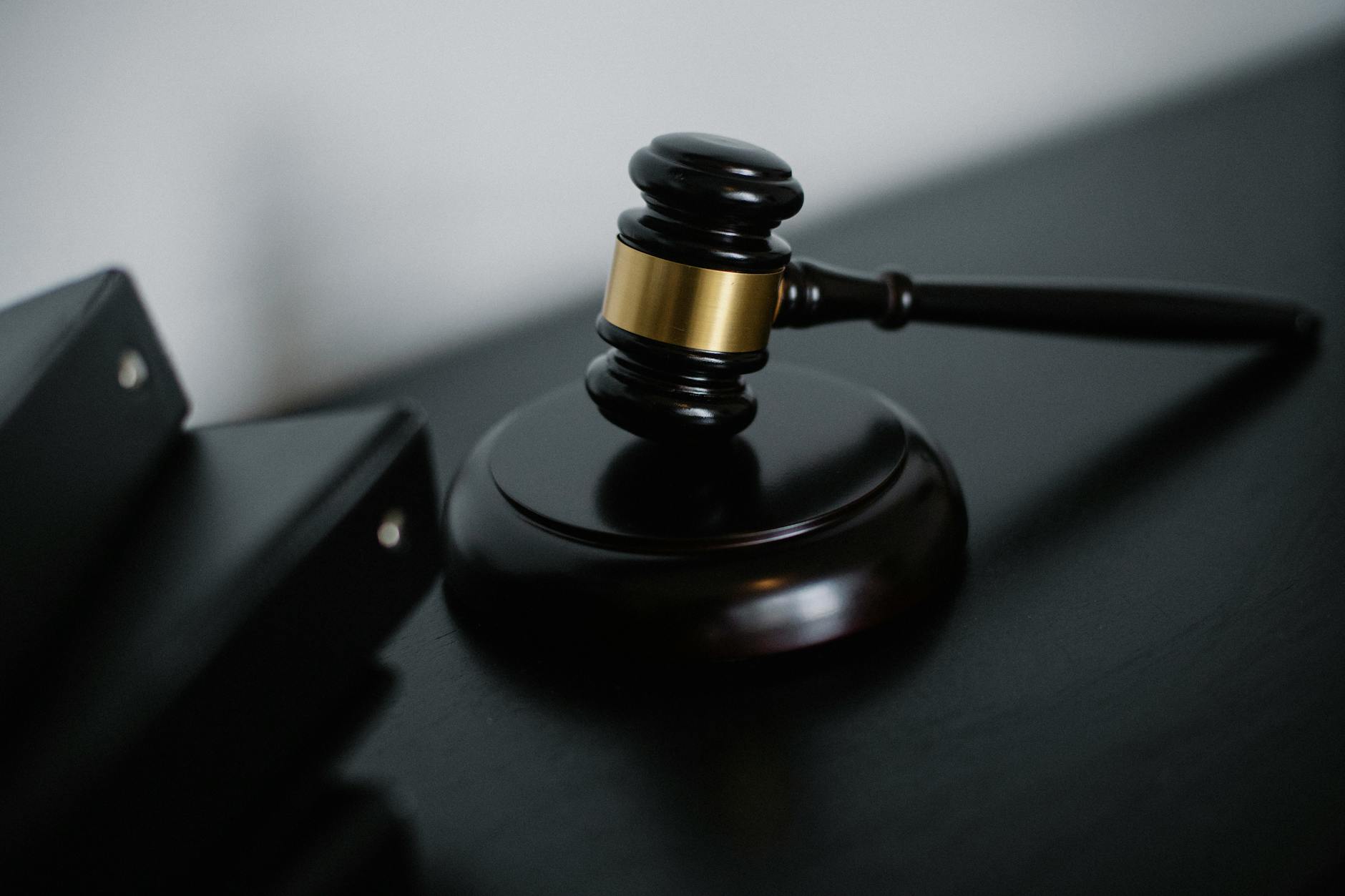The ongoing legal saga between Ripple Labs and the U.S. Securities and Exchange Commission (SEC) over the sale of XRP is a labyrinthine tale of legal twists that encapsulates the broader challenges facing cryptocurrency regulation. Since its inception, this case has morphed into a litmus test for how digital assets are treated under U.S. securities laws, and its implications are significant for the entire crypto sector.
Ripple's journey through the judicial system began in 2020 when the SEC accused the company, along with two key executives, of conducting a massive unregistered securities offering valued at $1.3 billion. The core of the dispute hinges on whether XRP, a cryptocurrency used primarily within Ripple's payment network, should be classified as a security and thus subject to stricter regulatory scrutiny.
A pivotal moment in this ongoing battle came in 2023 when a judge ruled mainly in favor of Ripple, a decision which Ripple CEO Brad Garlinghouse hailed as a monumental victory for the crypto community. However, the relief was short-lived as the SEC decided to appeal the ruling, a decision reciprocated by Ripple's cross-appeal. This legal back-and-forth illustrates not just the complexities of crypto law but also the stubbornness of regulatory uncertainty that clouds the industry's future.
The legal proceedings took an interesting turn under the administration of President Donald Trump, noted for its crypto-friendly tilt. Attempts were made to reach a resolution acceptable to both parties, yet these were repeatedly stymied by legal hurdles. For instance, in March, Ripple and the SEC seemed on the verge of settling when they agreed to reduce Ripple's penalty significantly from $125 million to $50 million. Yet, this proposed settlement was struck down by SEC Commissioner Caroline Crenshaw and later by a federal judge, citing procedural issues and expressing concerns over bypassing judicial oversight.
The persistent rejections by the judiciary underscore a significant tension within the legal framework governing cryptocurrencies. It reflects a broader dilemma about how traditional regulatory environments adapt to innovative, rapidly evolving digital assets markets. Every twist in the Ripple saga not only impacts the involved parties but also sends ripples across the entire crypto landscape, influencing investor sentiment and the regulatory outlook in jurisdictions beyond the United States.
For companies and crypto platforms, this case is a clarion call to closely monitor regulatory developments and ensure compliance with an often murky legal framework. At Radom, we understand the implications of such regulatory landscapes on crypto businesses and offer on- and off-ramping solutions that help navigate these complexities.
Ultimately, the resolution of Ripple's legal entanglement with the SEC will likely set a precedent for how other cryptocurrencies are treated under U.S. law. As the industry watches closely, the final chapters of this legal drama will either spell a new dawn of regulatory clarity or herald further contention in the interpretation of digital assets under existing securities laws. Read more on the detailed developments of this case at Decrypt.



